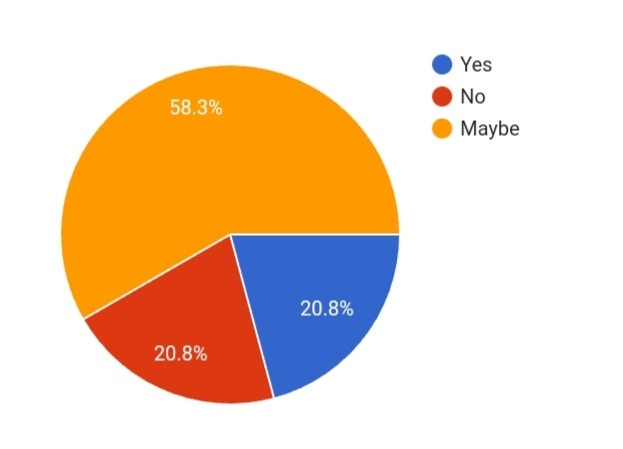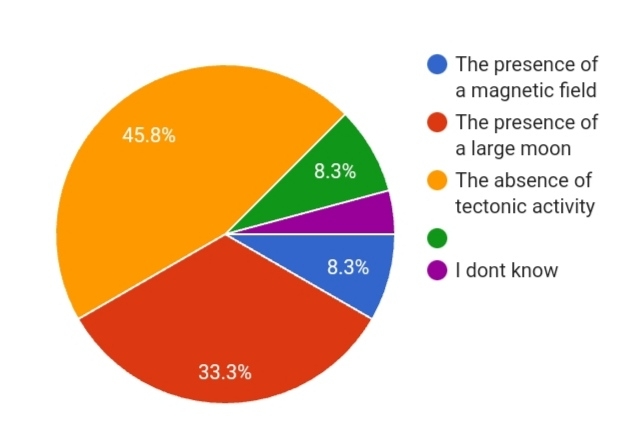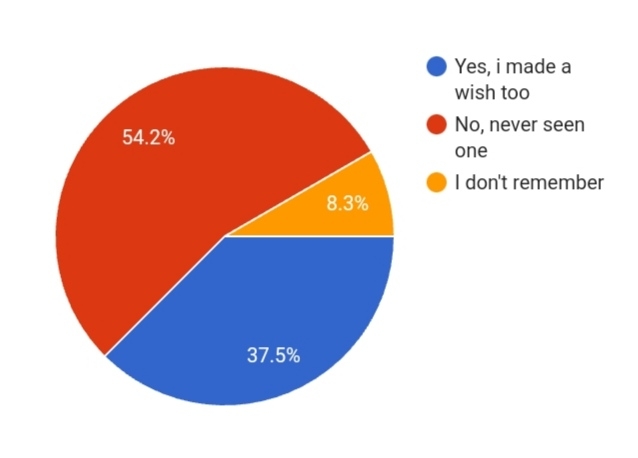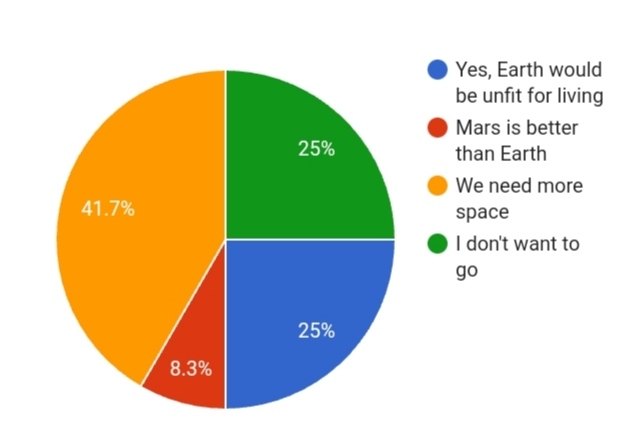Analysis of Survey
Exploring Public Perceptions of Space and Astronomy
The mysteries of space and the vast expanse of the universe have always fascinated humans, and over the years, astronomical discoveries and space explorations have captured the attention of people worldwide. Our team conducted a survey to understand people's opinions related to astronomy and space, and the results were quite insightful
The topic of space and astronomy has always fascinated people, and our team conducted a survey to gauge people's opinions on this subject. Based on the data provided in the Google form, here are some observations.
1. Frequency of Stargazing: The survey shows that the majority of respondents stargaze either weekly (43.5%) or daily (21.7%), with only a few doing it rarely (8.7%).
2. Belief in Astrology: There is a mixed response to astrology among the respondents. While some (37.5%) believe in it to some extent, others are neutral (33.3%) or disagree (20.8%).
3. Coexistence of Mythology and Astronomy: Respondents are divided on whether mythology and astronomy can coexist peacefully. Some (54.2%) agree, while others are neutral (33.3%) or disagree (12.5%).
4. Understanding of Astronomy and Astrology: Respondents generally have a good understanding of astronomy as a science that uses observation and experimentation to understand the universe. However, there is some confusion regarding astrology, with some respondents (47.8%) considering it a science while others (8.7%) do not.
5. Alien Colonization: The majority of respondents (45.8%) do not believe that aliens will colonize Earth, with a few being uncertain (20.8%).
6. Understanding of a Black Hole: Respondents have a good understanding of what a black hole is, with 50% accurately identifying it as a region in space where gravity is so strong that nothing, not even light, can escape.
7. Accuracy of Astrology: There is a mixed response regarding the accuracy of astrology in predicting the future. Some respondents (20.8%) believe it can be accurate, while others (58.3%) are unsure or disagree (20.8%).
8. Navigation using Stars: Respondents generally understand that stars can be used to determine direction or navigate in the outdoors, with only 16.7% accurately identifying this fact.
9. Factors Contributing to Earth's Habitability: Respondents generally have a good understanding of the factors contributing to Earth's habitability, with 45.8% accurately identifying them.
10. Meteor Shower/ Shooting Star: Most respondents (54.2%) have not seen a meteor shower or shooting star.
11. Need to Colonize Mars: Respondents generally agree that there is a need to colonize Mars, with 41.7% agreeing, 25% being uncertain, and only 25% disagreeing.
12. Knowledge of Constellations: Respondents were asked to identify a constellation, and they all identified Aquarius (79.2%), except for some who identified Leo and another Cancer.
the survey results show that people have varying opinions and beliefs when it comes to space and astronomy. While there is a good understanding of astronomy as a science, there is confusion regarding astrology. Respondents generally agree on the need to colonize Mars and the understanding of factors contributing to Earth's habitability. Overall, the survey provides valuable insights into people's perceptions of space and astronomy.
















Comments
Post a Comment